There’s nothing more aggravating than waking up to a volcano-sized zit. These little monsters appear at the least convenient of times, and can last for days without showing signs of leaving – which calls for an emergency acne spot solution.
Before you give into the urge to squeeze or pick at your skin, step away from the mirror and try using one of these natural spot treatments for pimples instead. Many plant-based remedies have properties that can help shrink a zit overnight without damaging, scarring or drying out your skin. And when a natural remedy is used, it can make the blemish easier to extract when it is ready (more on popping zits in a moment).
Since acne is both a bacterial and inflammatory condition, the best natural ingredients to zap pesky pimples will, of course, have antibacterial and anti-inflammatory properties.
Want naturally radiant skin? We’ve created a FREE guide to give you the best tips & tricks for natural skincare.
Click here to get your FREE copy of our Skincare Guide!
5 Natural Acne Spot Treatments
1. Manuka Honey
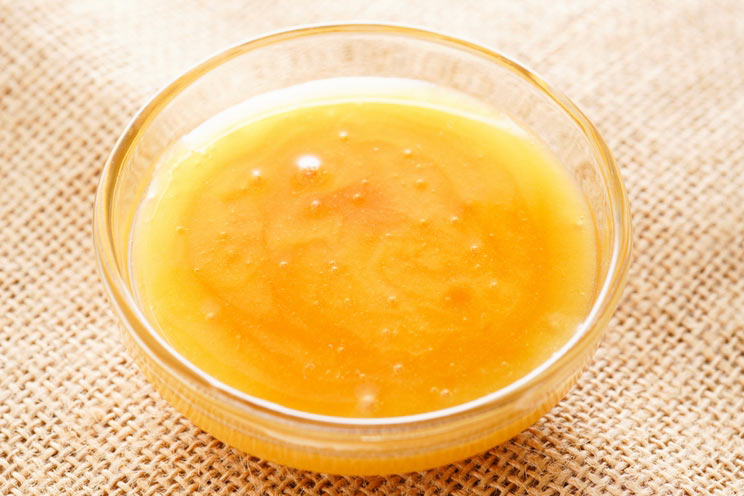
Due to its strong antibacterial properties, honey has been used for thousands of years to heal wounds and skin infections.
While all varieties of unfiltered, unpasteurized honey have antibacterial properties, research has shown Manuka honey to have the most powerful antimicrobial effect. In fact, studies show that Manuka honey can even protect against skin pathogens such as staphylococcus aureus. (1) Manuka honey is generally from New Zealand or Australia, but can be found at most local health food stores.
Honey is also hygroscopic, meaning it can draw out moisture from the skin, which is where acne-causing bacteria grows. Honey has a low pH, which further prevents bacteria from surviving on your skin. (2)
How to Use It
- Since it’s sticky, honey works best as an overnight zit zapper – just be sure to put a towel over your pillowcase to avoid sticky bedding.
- You can also use honey as a one-ingredient face mask and apply it to your entire face weekly to reduce and prevent breakouts. Some health blogs recommend making a honey and cinnamon face mask, as it’s believed the antiseptic properties of cinnamon can further help remove bacteria from the skin). (3)
- To make a honey and cinnamon face mask, all you need is 3 tablespoons of raw honey and 1 tablespoon of Ceylon cinnamon. Apply to your skin after cleansing and exfoliating, leave on for 15 minutes, and rinse.
2. Lemon Juice

Lemon juice can be a highly effective acne spot treatment, as long as it’s only applied to wounds or zits that haven’t been picked or popped. The acidity of lemon juice will only irritate or burn open skin, which can result in scarring, so you’ll want to avoid that at all costs.
The ascorbic acid in lemon juice has antibacterial properties that help kill off acne-causing bacteria on the skin, while citric acid may help exfoliate dead skin cells. (4) The acidity of lemon juice may also dry out pimples. However, if you have dry skin to begin with, lemon juice may cause it to become excessively dry.
Lemon juice also has astringent properties (as does lime juice), which can help shrink pores and tighten the skin. If you have acne scars, you can use lemon juice as a bleaching agent to help fade dark marks. Just be sure to avoid going out in the sun after applying it, as lemon juice makes your skin more sensitive to the sun. Note: if you have dark skin, you may want to avoid using lemon juice as an acne spot treatment, as it can create dark spots where it is applied.
How to Use It
- Squeeze fresh lemon or lime juice on a cotton ball or Q-tip and apply directly to your zit. Leave on for 5 minutes, then rinse with warm water. Repeat up to two times daily.
- Don’t forget to drink lemon and lime juice to help clear up your skin from the inside out. The vitamin C in lemon juice can help stimulate collagen production and keep your skin looking plump and supple. (5)
3. Raw Apple Cider Vinegar
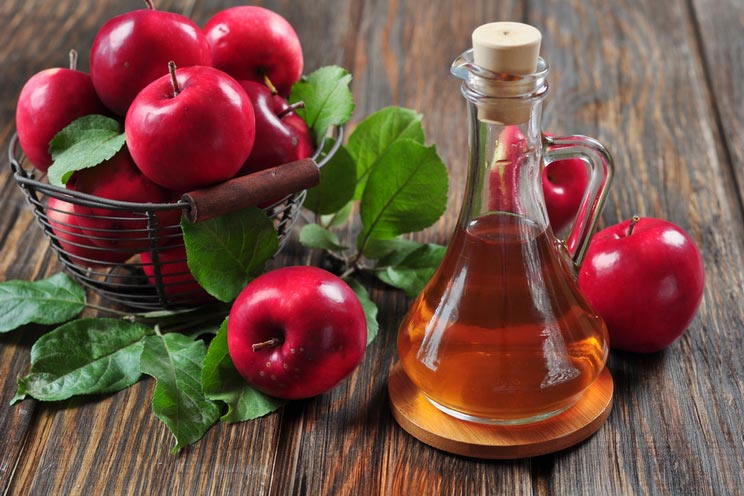
Apple cider vinegar is a must-have for healthy skin, whether you apply it topically or drink it (we recommend doing both). Like citrus, apple cider vinegar has antibacterial properties that help kill bacteria on the skin.
Many health blogs also swear by using apple cider vinegar as a toner to help rebalance the skin’s pH and prevent future breakouts. This is because ACV contains alpha hydroxy acids that help gently exfoliate dead skin cells. (6, 7)
How to Use It
- Soak a Q-tip or cotton ball with ACV and apply directly to problem areas. Since apple cider vinegar is acidic when applied to the skin, take the same precautions as you would with lemon and avoid applying it to open wounds.
- To make an ACV toner, dilute 1 part apple cider vinegar with 2 parts filtered water. Apply to face after cleansing and exfoliating.
4. Tea Tree Oil

How to Use It
- Tea tree oil can be applied to a cotton ball or Q-tip and applied directly onto spots. Since it’s not oily, it can be applied in the morning, before bed, or both.
- Tea tree oil comes in different concentrations, and should be diluted with water or oil if its concentration is more than 15%. If you have sensitive skin, it’s recommended that you dilute any strength of tea tree oil with a non-comedogenic carrier oil, such as rosehip oil, to prevent skin irritation or burning.
5. Lavender Essential Oil
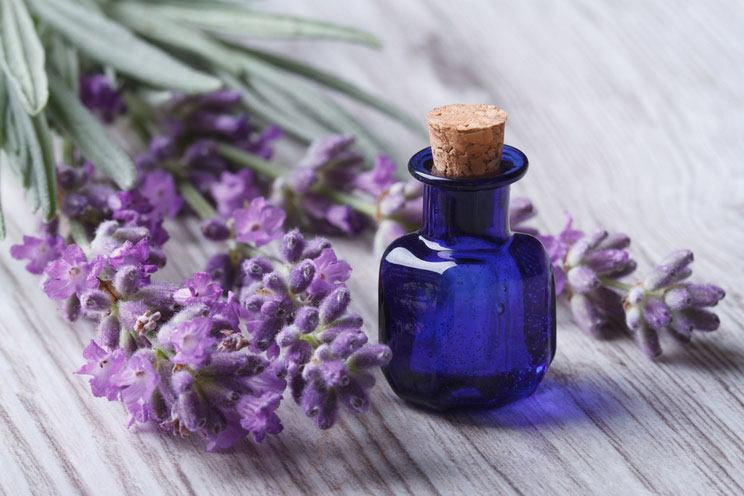
You might relate lavender to soap, reducing anxiety or smelling pretty. But lavender also has antibacterial properties that can help shrink breakouts. (9) Lavender is also naturally soothing, which may help reduce redness and irritation. (10)
How to Use It
- Dab lavender essential oil onto a Q-tip or cotton ball and apply directly to the affected area. Lavender essential oil may also help reduce body acne, so it can be useful to add a few drops to your bathwater.
- Since lavender essential oil is shown to help calm stress and anxiety, it may also help reduce stress-related breakouts.
What About Over-the-Counter Acne Spot Treatments?
Understandably, getting rid of a massive zit comes with a sense of urgency. While it can be tempting to reach for a fast-acting OTC acne spot treatment, the chemicals found in these products can cause further irritation, redness and flaking. (11) When chemicals are too drying for your skin, it can also make the blemish more difficult to extract when it’s ready, which results in more scarring and red marks.
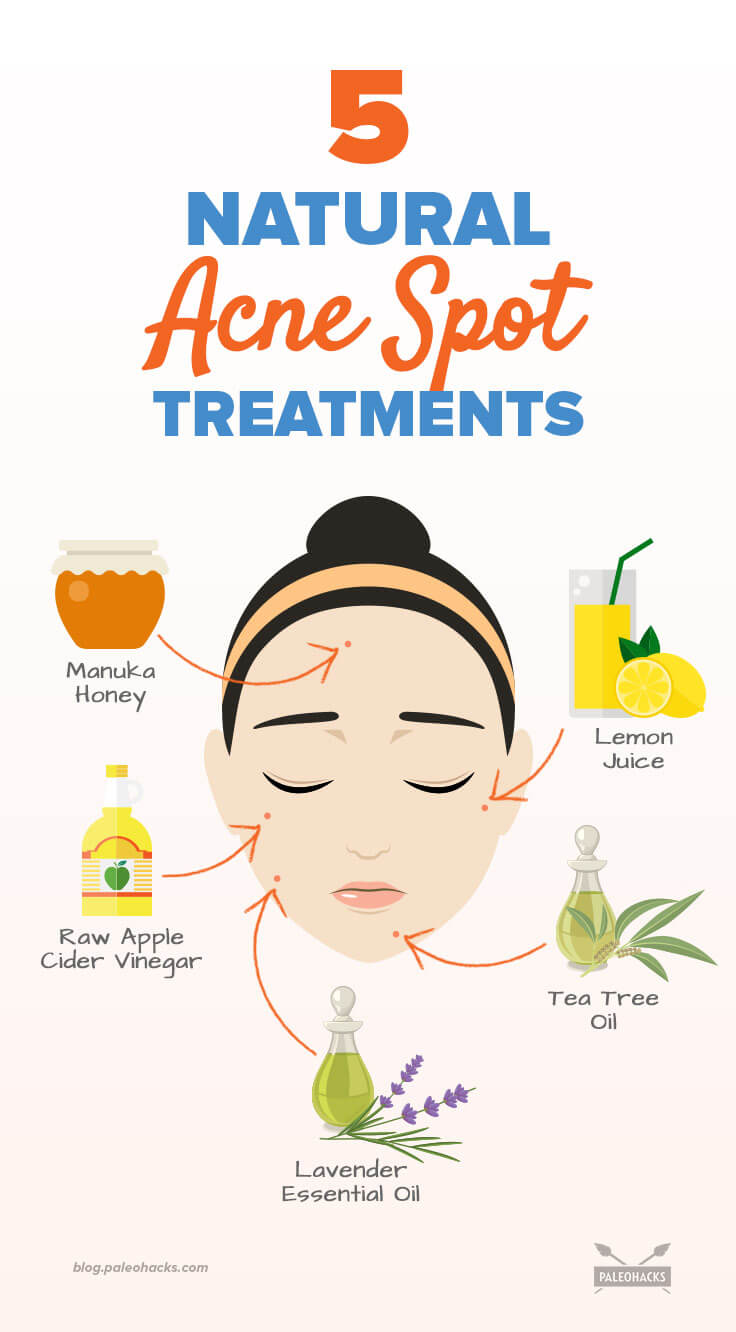


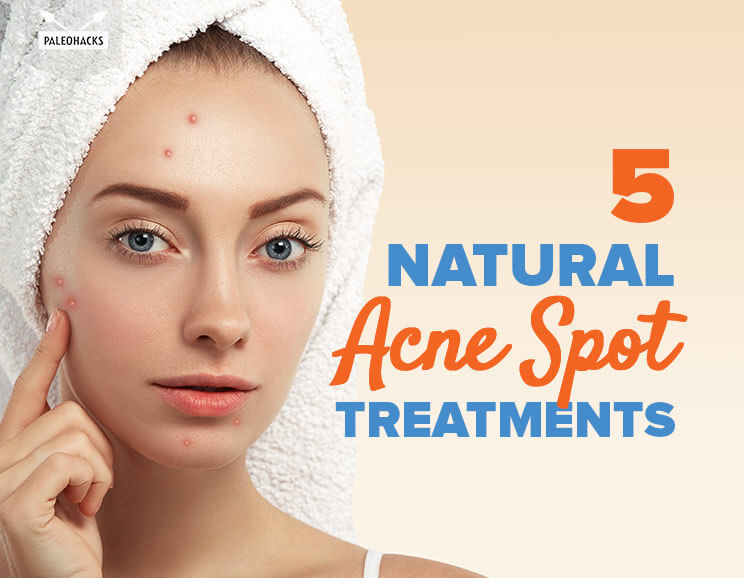
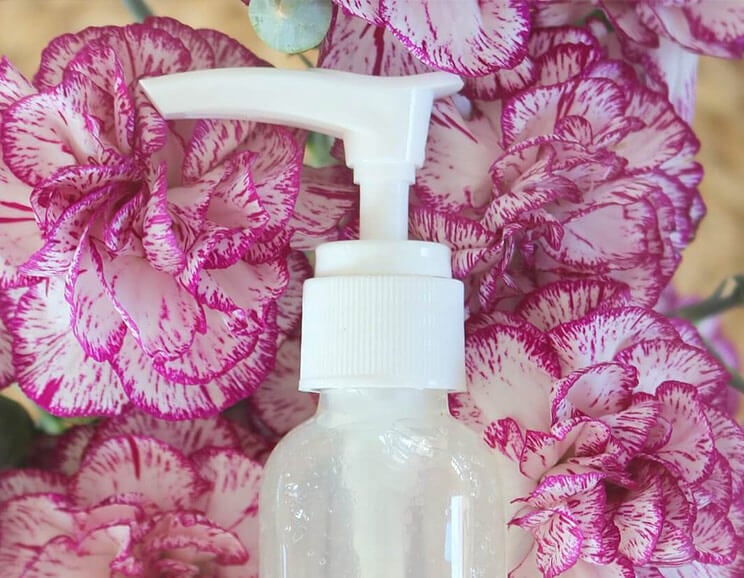 3-Ingredient Natural Homemade Hand Sanitizer
3-Ingredient Natural Homemade Hand Sanitizer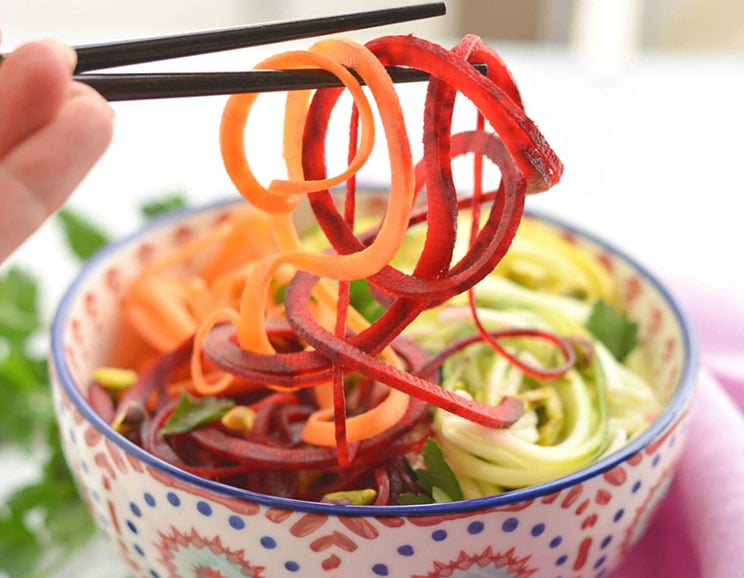
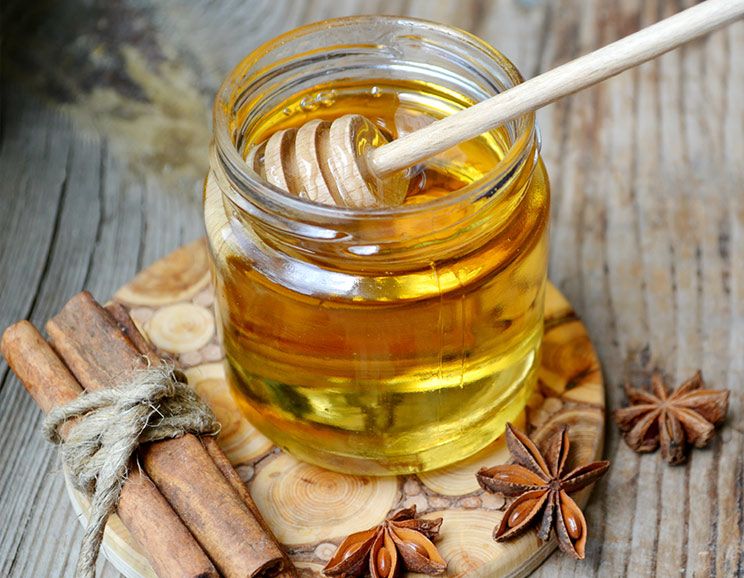
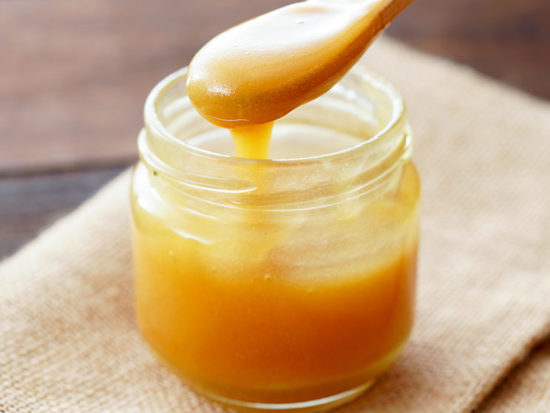
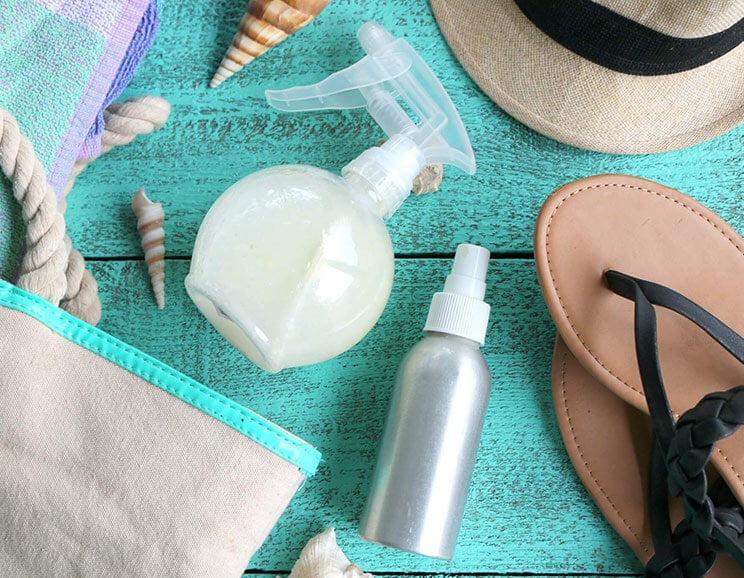
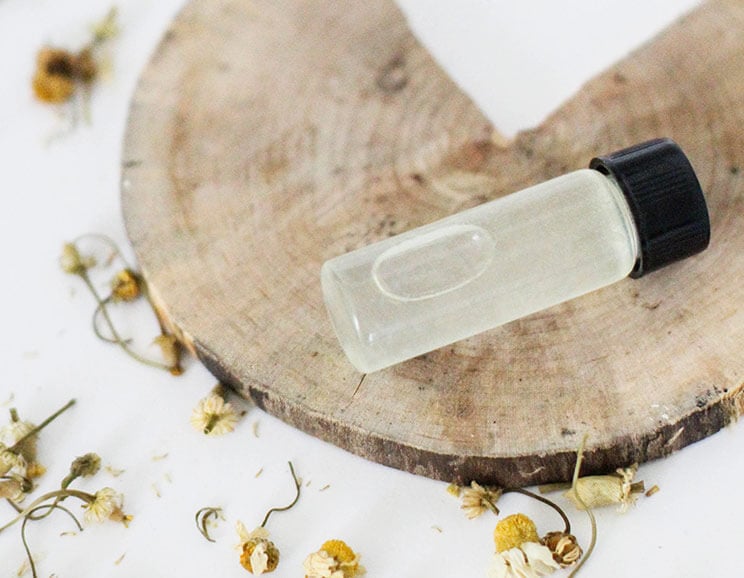


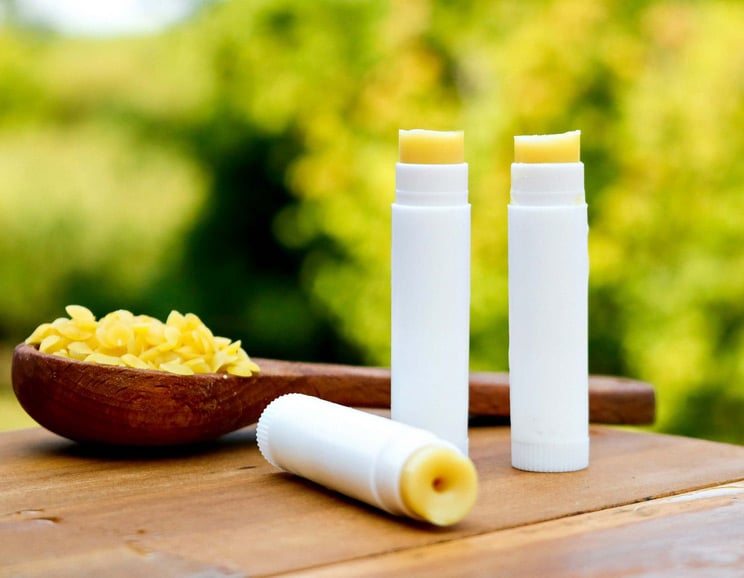
Show Comments